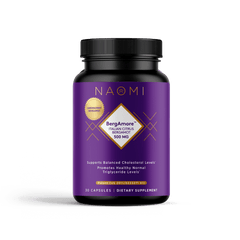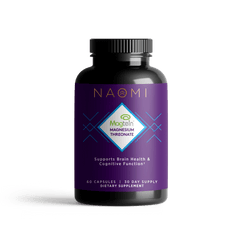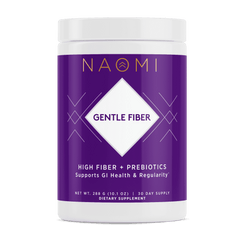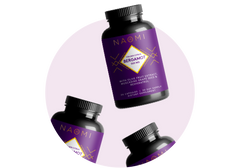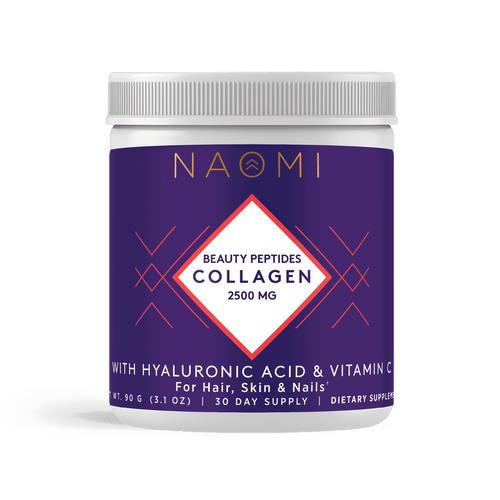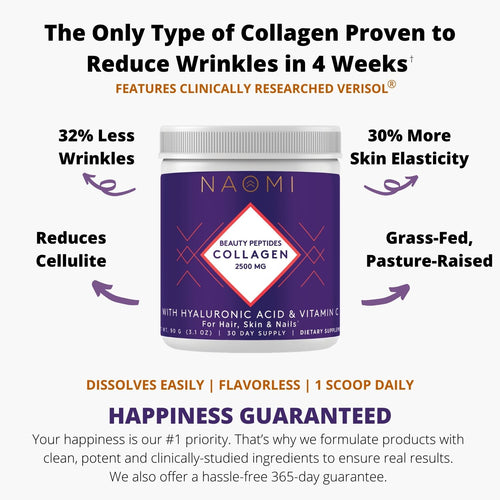10 Things You Need to Know About Collagen
As your body’s largest organ, your skin is your beautiful suit of armor. It’s your first line of defense against outside invaders. And it’s also a representative for your overall health—because how you look on the outside reveals a lot about what’s happening on the inside.
As you age, your skin goes through the natural process of wear and tear (and it goes faster if you contribute to the aging process by doing things such as eating refined sugar and being exposed to too many toxins). During that process, you experience a decline in the substances that help keep your skin strong and resilient.
One of the key players is a protein called collagen. It helps form the foundation of skin—as well as all kinds of tissues in your body. When you have healthy levels of collagen, your entire body just functions better.
There are ways to combat the natural loss of collagen—to help improve the overall health of your skin and other organs, tissues, and systems. For a quick look at how collagen works—and what you can do to increase yours—take a look at these 10 facts about your body’s most abundant protein.
10 Important Facts about Collagen

- Collagen makes up about one-third of our body’s protein. Where is it found? In connective tissues (ligaments and tendons) and in the extracellular matrix—that network of macromolecules that help give your hair and skin its strength. Your body has 16 different kinds of collagen, but most of the body is made up of just three.
- Collagen is like your yoga teacher in at least one way: Its main purpose is to help you stretch. Technically, its purpose is to help your tissues withstand stretching. Collagen comes from the Greek word meaning glue, unsurprisingly, since collagen is what helps hold you together—and is what helps prevent wrinkles, saggy skin, joint pain, and even problems in the GI tract.
- One of the reasons it’s so powerful is that it has three key amino acids that give it its strength: glycine, proline, and glutamine. Glycine helps with the production of DNA and RNA, and also helps reduce inflammation. Proline helps heal cartilage and aids in the production of collagen in the skin. Glutamine helps with digestion, immune function, the building of muscles, and brain function.
- It’s been used in traditional Chinese medicine and many cultures around the world for better health. The collagen is derived from the skin, tendons, and bones (often consumed as a broth) of a variety of fish and animals. For example, the Inuit people (in the far north regions of Russian, Alaska, and Canada) consume a dish made from the skin and blubber of whales (which is collagen-rich), and some South American cultures cook their soup broths with fish heads to yield a nutrient-dense and collagen-rich base.
- Studies show that it can give your skin a boost—by reducing wrinkles and helping improve its elasticity—especially as skin ages and deteriorates (collagen decreases about 1 percent a year as we age). As you lose elasticity in skin, that’s what helps form wrinkles. Bolstering collagen (as well as elastin) helps the skin have a youthful, glowing appearance.
- While also helpful for joint pain, collagen has been shown to help those with gastrointestinal problems (like leaky gut syndrome), because the collagen helps strengthen the lining of the gut (and thus helping to prevent toxins and waste to leak through the gut and into the bloodstream). In addition, it’s also been shown to help with heart health—that’s because collagen also helps with the elasticity of your arteries (elasticity is important to help with blood flow). And it also helps with bone strength (something extremely important as women age), as the collagen can help improve the mineral density in your bones.
- You can boost your collagen with nutrients. Some of those include Vitamin C, which helps in the process of producing collagen; proline, which is found in egg whites, cabbage, and dairy; glycine, which is found in legumes, gelatin and chicken skin.
- Your biggest threats to collagen: Smoking and refined carbs and sugar.
- My favorite way to get collagen: Bone broth. This is a highly nutritious stock made by simmering animal bones, marrow, and connective tissue. Traditional cultures consumed the whole animal—frequently eating broths from skin and bones, tougher cuts of meat with cartilage (prepared by slow cooking), and whole fish, which are good sources of collagen. Today’s de-boned, skin-less, lean-meat laden diets deprive us of that essential fibrous protein that supports bone and joint health as well as bouncy, plump, youthful skin. Plus, bone broth contains gelatin which is essentially cooked collagen. Bone broth contains some key amino acids that the body can produce on its own but, during times of illness or stress, they can easily be depleted so it’s best to get them from food when you can. Be sure to select wild or organic, pasture-raised, free-range, antibiotic and hormone-free meat and bones whenever you can.
- If you prefer supplements, collagen powders can be used in smoothies, yogurt, and beverages. Many supplement purists, however, continue to favor collagen capsules as their preferred delivery system for a variety of reasons, most often because it eliminates an additional step in the food prep process, and offers a simple way to balance the collagen-to-protein ratio as part of a keto practice. Choose a collagen supplement that is clean and pure. In my experience, collagen supplement formulas that include proprietary ingredients, offer traceable ingredients derived from high-quality sources and are stable, clinically tested, and thoroughly studied for efficacy and safety are hands down your best bet. For optimal benefits, choose a collagen supplement formulated with collagen peptides, which are broken down into microscopic compounds that the body can utilize more quickly to support collagen production as well as the vibrance of connective tissue. Based on studies, taking a 2.5g to 5g collagen supplement is ideal to get optimal results.

